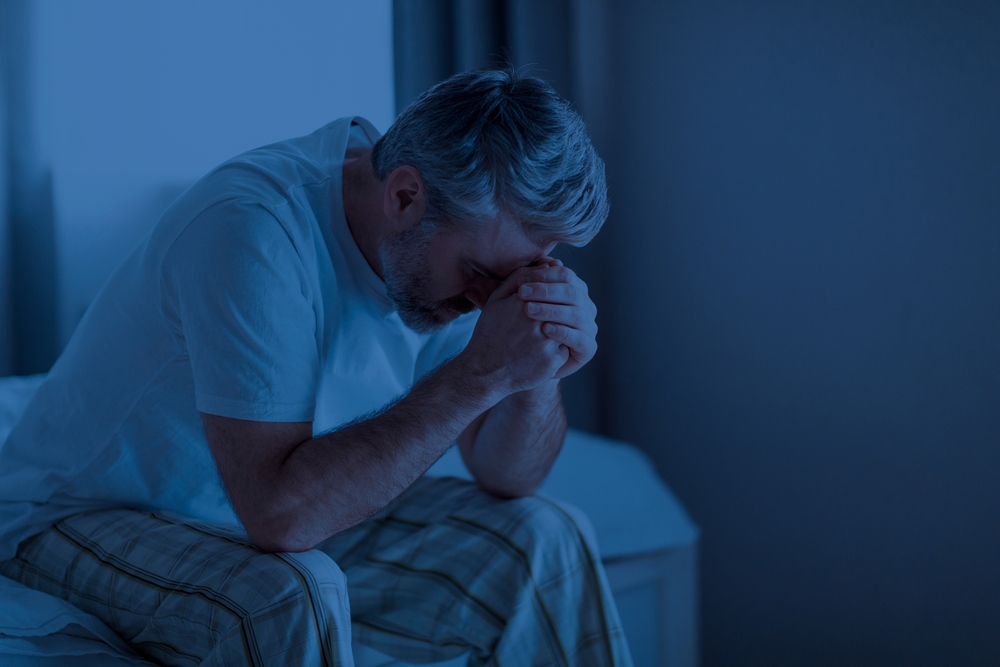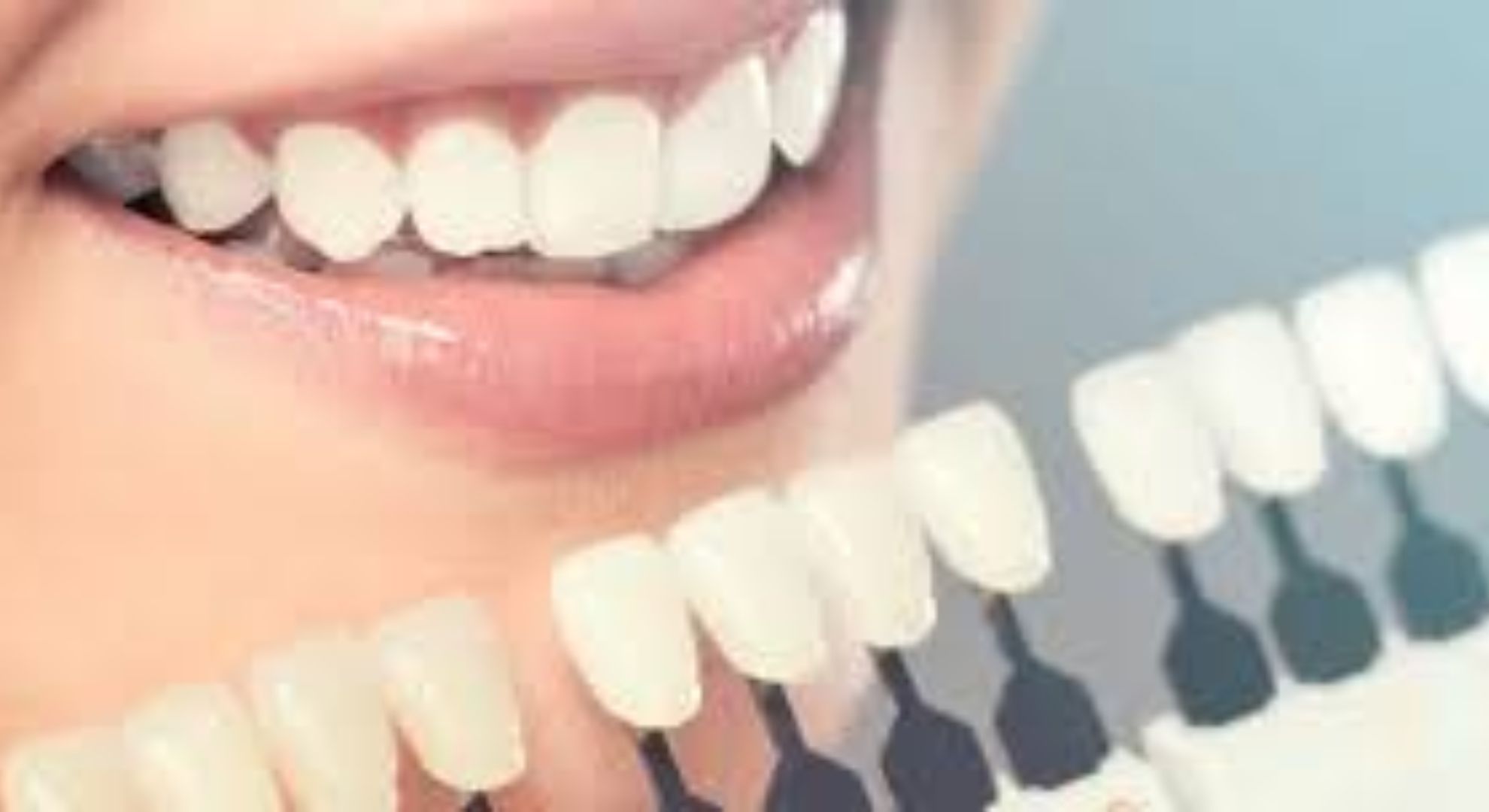When you think about sleep, you probably imagine something essential for feeling rested, recharged, and ready to take on the day. For many people, getting a good night’s sleep is one of the best ways to wake up feeling refreshed. But for others, sleep is a challenge, and the struggle with getting enough of it can lead to a condition known as insomnia. If you’ve ever wondered why restful sleep is considered the opposite of insomnia, you’re in the right place to explore that question in detail.
In this blog post, we’ll figure out the opposite of insomnia details have a breakdown of the concepts of restful sleep and insomnia and find out how we can achieve quality sleep.
What is Restful Sleep?
Restful sleep refers to the quality of your sleep. It’s not about the amount of sleep you get in bed, but rather the amount of valuable sleep you get. When people talk about getting restful sleep, they’re referring to sleep that allows the body and mind to fully relax, and recharge. Restful sleep includes not only the duration of sleep but also the depth and the different stages your body goes through while resting.
During restful sleep, the body undergoes several important processes such as muscle relaxation, energy restoration, and strengthening of the immune system. People who get restful sleep typically wake up feeling energetic, alert, and ready to tackle the day.
The Stages of Restful Sleep
A full night’s restful sleep consists of multiple stages, including:
- Stage 1 (Light Sleep): The initial transition into sleep where the body begins to relax.
- Stage 2 (Light Sleep): A deeper level of sleep where heart rate and breathing slow, and body temperature drops.
- Stage 3 (Deep Sleep): This is the most restorative stage, where the body repairs muscles and strengthens the immune system.
- REM Sleep (Rapid Eye Movement): Brain activity increases, and vivid dreams occur. This stage is vital for cognitive function and emotional regulation.
Each of these stages plays a crucial role in achieving restful sleep. Therefore, disruptions in any of them can prevent a person from being active or relaxed.
Exploring Hypersomnia (The Opposite of Insomnia)
Hypersomnia is a condition characterized by excessive sleepiness during the day, even after a full night’s sleep. Unlike insomnia, where a person struggles to fall asleep or stay asleep, hypersomnia involves prolonged sleep or the need for excessive sleep, which often impairs a person’s ability to function effectively. People with hypersomnia may feel the need to take a nap or naps during the day, even if they had long sleep at night. The condition can be caused by a variety of factors, including sleep disorders such as narcolepsy, medical issues such as sleep apnea, and even mental health issues such as depression. This can have a significant impact on performance, mood, and overall quality of life.
How Does Hypersomnia Affect Daily Life?
Hypersomnia can cause difficulties such as:
- Decreased concentration and mental clarity
- Increased irritability
- Problems with memory
- Difficulty staying awake during important tasks (e.g., driving or working)
It can significantly affect productivity and relationships, especially if it’s left untreated.
Hypersomnia Treatment
The causes of hypersomnia can vary, so treatment often requires various approaches. Medical treatment may include medications such as stimulants to help you stay alert during the day, as well as special medications to treat any underlying sleep disorders such as sleep apnea. Behavioral therapies such as cognitive-behavioral therapy for insomnia may also be used, but these are generally better suited to treating insomnia. Lifestyle changes, including adjusting sleep hygiene, managing stress, and avoiding long daytime naps, can also help. For those whose hypersomnia is caused by a specific medical condition, treating the underlying cause, whether it’s improving sleep apnea with CPAP therapy or treating depression, can help reduce excessive sleepiness.
Key Differences Between Restful Sleep and Insomnia
Restorative sleep and insomnia are two separate conditions. Restorative sleep refers to a state of deep, uninterrupted sleep in which your body and mind are restored, leaving you feeling rested when you wake up. Furthermore, it promotes physical and mental health and improves cognitive function and overall well-being.
Insomnia, on the other hand, is a disorder in which you have difficulty falling asleep, staying asleep, or waking up too early, often leaving you feeling tired, irritable, and unable to focus mentally during the day. The main difference lies in the quality of your sleep as restorative sleep leads to full recovery, while insomnia prevents you from getting enough rest and interferes with your daily life.
How Insomnia Affects Your Life
Insomnia can lead to a range of symptoms, such as:
- Fatigue and daytime sleepiness
- Difficulty concentrating
- Increased stress and anxiety
- Higher risk of mental health issues (depression, anxiety)
- Decreased immune function, making you more susceptible to illness
Restful Sleep Helps Fight Opposite of Insomnia
Restful sleep is essential for fighting the opposite of insomnia as it resets your body timings and promotes more consistent sleep patterns. When a person gets regular restful sleep, their body tends to fall asleep more easily, better manage stress, and regulate hormones that affect sleep, such as melatonin. Additionally, restful sleep helps reduce anxiety and depression, which are common causes of insomnia. By prioritizing restful sleep, a person can break the cycle of insomnia and return to healthier, more consistent sleep patterns.
Read Also: Medical Device Sales: Strategies for Success in a Competitive Industry
Creating a Sleep-Friendly Environment
One of the most important steps in achieving restful sleep is creating an environment conducive to sleep. Factors such as noise, light, temperature, and even the type of mattress you sleep on can impact the quality of your rest.
Some tips to improve your sleep environment include:
- Keeping your bedroom cool and dark
- Using comfortable bedding
- Reducing noise, perhaps with earplugs or a white noise machine
- Avoiding blue light from screens before bed
Tips to Improve for Restful Sleep
Improving sleep and reducing insomnia requires adopting habits and lifestyle changes that promote a healthier sleep environment. Some practical tips may help you out like:
- Create a consistent sleep schedule by going to bed early and waking up at the same time every day, even on weekends.
- Limit caffeine and alcohol because these substances can interfere with sleep patterns.
- Create a relaxing bedtime routine; you can read, meditate, or take a warm bath before bed can help send a signal to your body to wind down.
- Optimize your sleep environment, and keep your room dark, quiet, and at a comfortable temperature.
- Exercise regularly and do physical activities during the day to help promote better sleep at night.
- Limit screen time, and avoid screens at least an hour before bed to reduce the impact of blue light.
- To manage stress and anxiety, following practices such as mindfulness and journaling can help ease racing thoughts that might keep you awake.
Conclusion
Restful sleep is essential for overall health, well-being, and productivity. It helps the body repair and revive while supporting mental clarity and emotional stability. Insomnia, on the other hand, disrupts these processes and can have significant effects on your physical and mental health. Whether through better sleep hygiene, stress management, or seeking professional treatment, prioritizing restful sleep can break the cycle and help you live a more energized, focused, and healthier life. Moreover, to fight insomnia, get a restful sleep, and significantly improve your well-being get a professional sleep apnea test at home today.



